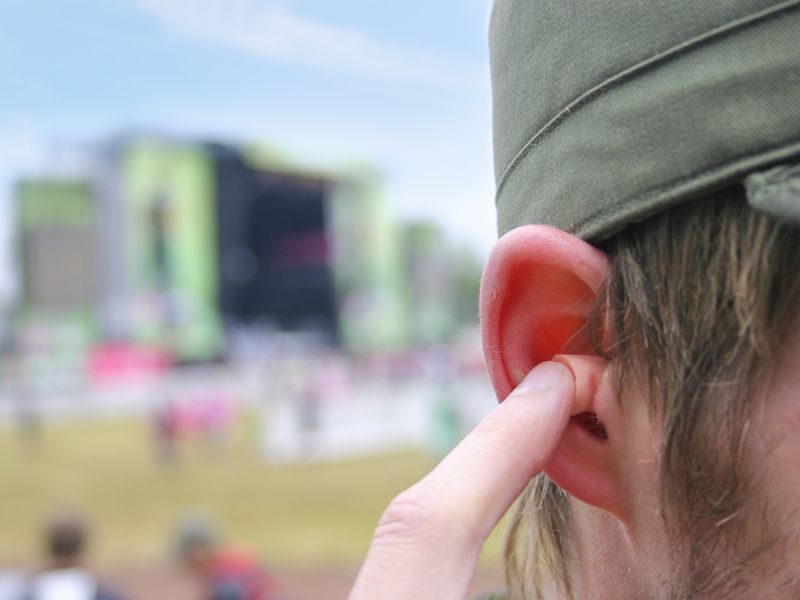If you’re exposed to loud sounds, say using a lawnmower in your yard, going to an arena to see your favorite band in concert, or simply sleeping in your own bed beside a snoring spouse, earplugs might be practical. In the first two cases, they can help protect your ears by decreasing the volume. In the last circumstances, they lower the decibels and help protect your peace of mind (and possibly your marriage) by enabling you to get a good night’s sleep. But is your hearing being injured by these protectors?
What’s The Point of Utilizing Earplugs?
It’s a fairly simple case for wearing earplugs: Properly used, earplugs can reduce your exposure to extreme sound levels and thereby protect your ears. Perhaps you’ve noticed that your hearing seems different when you leave a loud venue, for instance, a football game with a loud crowd, and you could also experience symptoms of tinnitus. Those small hairs are bent by this kind of noise exposure and that’s the reason why this happens. In a couple of days, when the hairs have recovered, it usually goes away.
But in certain circumstances, there is a persistent attack on those little hairs, this is especially true if you work in a noisy industry like construction or around jet planes. As opposed to bending and then recovering, the cells are permanently damaged. you have around 16,000 of those tiny cells in each cochlea, but up to 50% of them can be ruined or at least injured before you would see the change in a hearing exam.
How Can Your Ears be Injured by Wearing Earplugs?
In terms of safeguarding your hearing, you’d think it would be a no-brainer to utilize earplugs. But primarily if you’re in scenarios where you’re exposed to loud noises regularly (like on the job or when your spouse snores as mentioned), over-the-head earmuffs or noise-reducing (but not completely stopping) headphones are a smarter choice. Earplugs aren’t well suited to daily use but are a smarter choice for one time occasions such as a sports event or a concert.
Why? The first problem is, earwax. In order to protect themselves, your ears create earwax, and if you’re always using earplugs, they will produce more of it, and the earplugs will jam it in further. Tinnitus and other complications can be the result of impacted earwax.
Ear infections can also result from overuse of earplugs. If you frequently wear the same pair, and you don’t clean them properly from use to use, they can become bacteria traps. Ear infections are, at a minimum, a painful irritation. But at the negative end of the spectrum, they can also be the cause of a loss of hearing if left untreated.
How Can You Use Earplugs Safely?
Earplugs still have a strong upside, whether it’s safeguarding your hearing or getting a good night’s sleep. You just have to be certain you’re using the correct kind and utilizing them in the right way. Foam earplugs are the least costly, which is good because you really shouldn’t use them more than once, the soft, porous material is a germ’s paradise. Wax or silicone earplugs are reusable, but you have to keep them sanitized, wash them with warm water and mild soap to clean them, and you shouldn’t put them back in your ears until they’re thoroughly dry. It’s also a good plan to keep earplugs in a ventilated place to discourage humidity, or worse, mold or bacteria, from accumulating.
If you want or need to wear earplugs on a regular basis, you might want to talk to us about having custom-made earplugs. They are comfortable since they’re made from molds of your ears and they are reusable. But it’s crucial not to forget, smart earplug hygiene can stop hearing damage.
